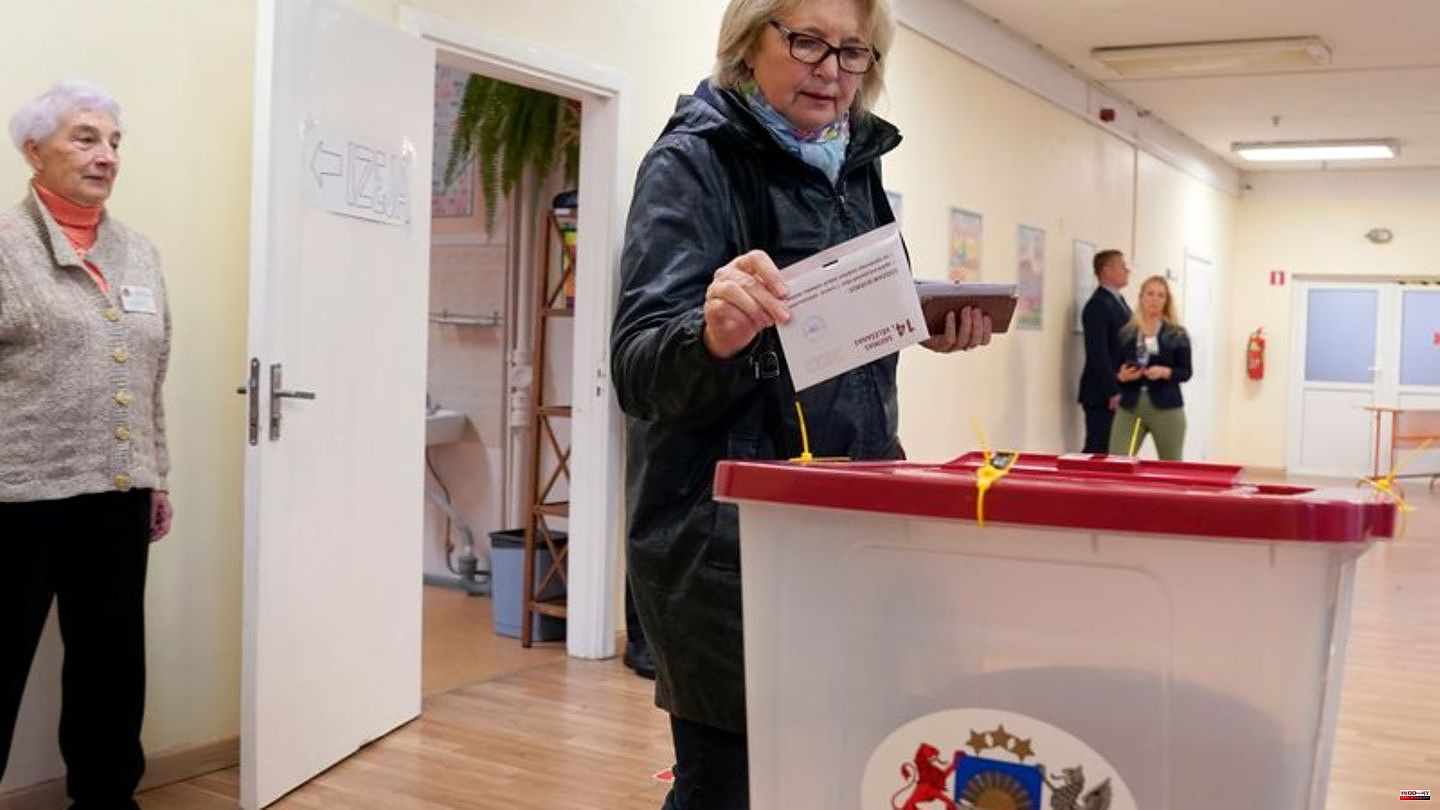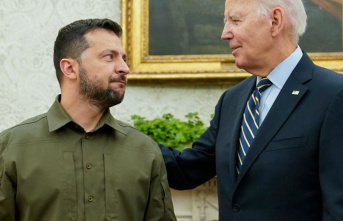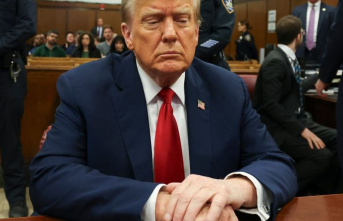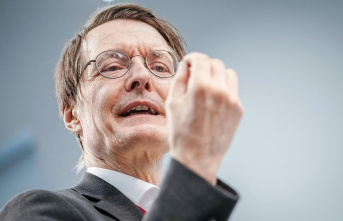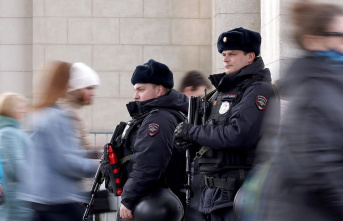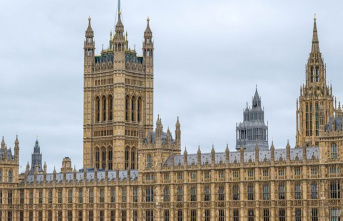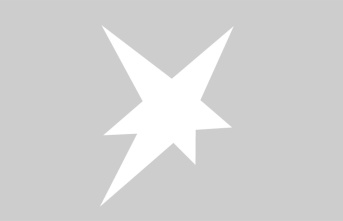Overshadowed by Russia's war of aggression against Ukraine and concerns about rising energy costs, Latvia has elected a new parliament. According to forecasts, a victory for the governing party of Prime Minister Krisjanis Karins became apparent. However, his liberal-conservative Jauna Vienotiba and her three allies are likely to lose their majority in the Saeima parliament in Riga. According to this, a total of seven parties could make it into the parliament of the EU and NATO countries. The first official results were expected on Sunday night.
According to the joint post-election survey by Latvian radio and the Leta news agency, Jauna Vienotiba could expect 22.5 percent of the vote - and thus become the strongest force in the new parliament in Riga. It was followed in second place by the newly founded electoral alliance United List with 11.5 percent, ahead of the opposition Alliance of Farmers and Greens with 10.9 percent.
Coalition partners fare poorly
From Karin's coalition partners, the national-conservative National Alliance (8.4 percent) and the liberal party For Development - For! (5.2 percent) only two expect to make it into parliament. The Conservatives, who have also been co-governing so far, only have 3.5 percent. The current centre-right government would no longer have a majority.
According to the post-election survey, a total of eight parties could make it into parliament. The opposition party Harmonie - the strongest political force in Latvia to date - is not among them. The party, whose core voters come primarily from the strong minority of Russian origin, won the most votes in the last elections, but was always left out when the government was formed.
For the forecast, almost 6,500 voters were asked about their vote. The parties were initially only cautious about the results - the post-election surveys had already proven to be not very reliable in the past elections.
1.5 million voters called
A good 1.5 million voters were called upon to determine the 100 seats in parliament. In the tenth election since Latvia's independence from the Soviet Union in 1991, 19 parties and alliances ran. In the run-up to the vote, pollsters and experts therefore expected a fragmented parliament in the Baltic republic.
After the vote, Karins showed himself ready to lead the coming government. "I voted for a safe and stable Latvia," he said at the polling station. The election campaign was dominated by the Russian invasion of Ukraine, which Latvia sees as a direct threat to national security. The Baltic state borders on Russia and its ally Belarus.
Russia's invasion also raised sensitive issues in Latvia. These include the use of the Russian language, the loyalty of ethnic Russians in Latvia and a debate about the national culture of remembrance.
Latvian Electoral Commission

